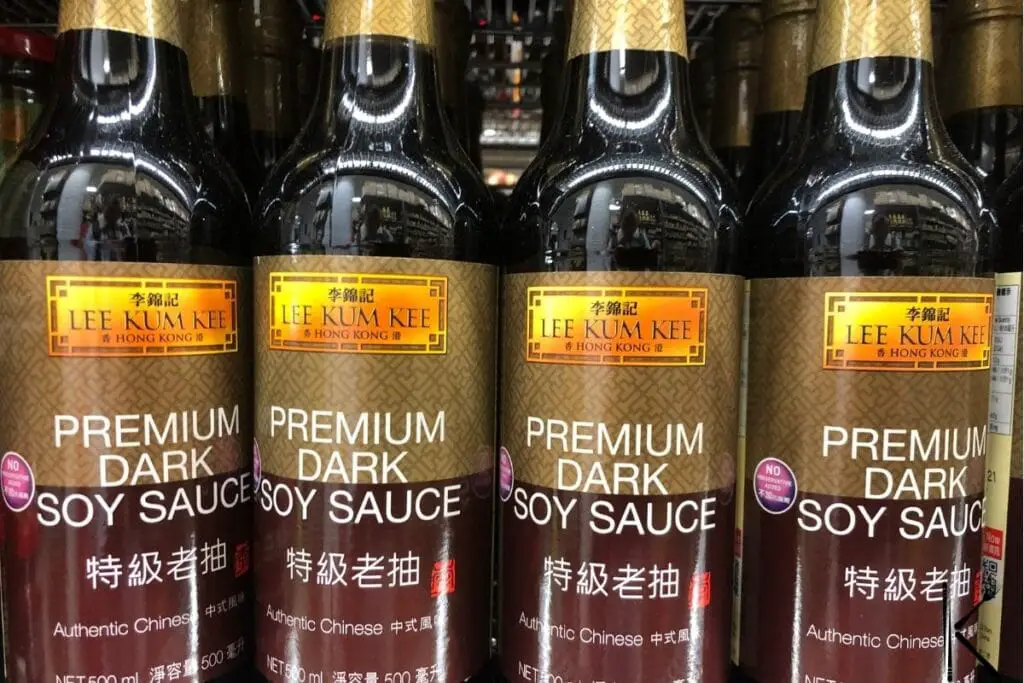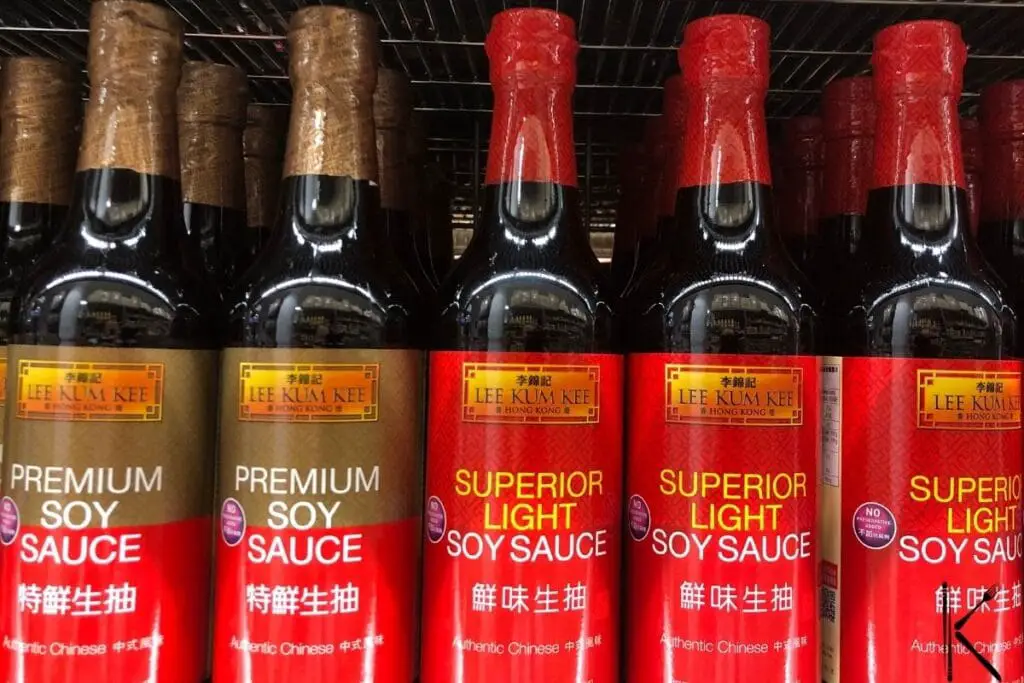Quick summary: Yes, soy sauce can go bad over time, but its high sodium content helps preserve it for an extended period. Signs of spoilage include changes in color, texture, smell, or the presence of mold
You’re pretty much sure that soy sauce can be used after the expiration date, but how long? Is it safe to eat if the whole year has passed by? We bring all you need to know about the shelf life of this tasteful dish seasoning.
Friends came to you for dinner, and you delighted them with your art of preparing Asian cuisine. But then a debate developed, and someone started claiming that soy sauce can last forever and can’t go bad. Is he right? Well, not altogether, although it has some grounds in the statement.
The high sodium content is responsible for the longevity of the soy sauce. Really few bacteria have a desire to settle in such an unfavorable environment. That is why the shelf life of this product is long, and you can very likely spice up your dish without fear, even though years have passed since the date written on the label. But shelf life still exists. Here are the details you need to know.

How Long Does Soy Sauce Last?
You’ll notice on many packages that they have a best-by date written rather than the expiration date. This is because the product will be very safe for consumption, perhaps even years after that date. But, specific changes in taste may occur.
So how long is soy sauce good for? Here are two common scenarios:
Unopened soy sauce
If the package is unopened, the most common recommendation is that it will last for about three years. In favorable storage conditions, of course. The product will be edible long after that period, but the quality of the taste may deteriorate. So it is good to stick to the recommendations and spend the sauce during that period or restock supplies.
Opened soy sauce
Once you open a bottle of soy sauce, it will retain its peak flavor for about a year. We believe it is enough time to spend the entire amount. Storage conditions must be good, of course, and we would recommend that you keep it in the refrigerator.
Can Soy Sauce Go Bad?
The high amount of sodium in soy sauce protects it from the presence of bacteria and keeps it correct for quite a long time. Even sauces with a slightly reduced salt content still have very good resistance. Precisely because of salt, you are a little more thirsty after eating sushi, especially if you eat it in larger quantities. If you are not sure if the sauce is good or not, here are some guidelines.
Sign 1: Mold appeared
Not too likely but possible. In some cases, if the bottle of soy sauce has not been closed, foreign substances may enter it, which may be a suitable soil for mold. They are unlikely to do so, but if you notice anything unusual and the presence of mold, be sure to throw the sauce in the trash. It is the only case where this product could give you health problems.
Sign 2: Taste is off
No doubt if you have tasted the sauce and the taste is unusual and unpleasant, you should discard the product. Such a bad soy sauce will not contribute to a better taste of your food.
Sign 3: It has a funny smell
The smell is always a good indicator of the correctness of the food. So it is with soy sauce. If it smells unpleasant and fierce, you should throw it away.
Which is the Best Way to Store Soy Sauce?
Commercial soy sauce is a very durable product, and there are not many rules you need to follow. We bring a couple of guidelines to help you maintain the quality and good taste of the regular soy sauce for many years. Here’s how to store soy sauce properly.
Tip 1: Keep an unopened bottle in the pantry
Until you open the bottle, you can keep fresh soy sauce at room temperature but indeed not too hot. The pantry is the ideal place where the product will remain stable.
Tip 2: After opening, keep in the refrigerator
It is not necessary to refrigerate soy sauce after opening. Still, it is definitely recommended. An open product will retain quality for a long time, even more than a year. A cooler temperature will significantly contribute to stability and flavor.
Tip 3: Keep it well closed
Always try to close the bottle well after using soy sauce. You want to prevent foreign substances from getting inside and compromising quality. This means that you should always pour the amount you wish to use into a separate container while leaving the rest closed in the bottle.
FAQs
How can you tell if soy sauce has gone bad?
You can tell if soy sauce has gone bad by checking for changes in color, texture, or the presence of an off or sour odor. Properly stored soy sauce can have a long shelf life, but any significant deviations from its usual characteristics might indicate spoilage.
Can expired soy sauce make you sick?
No, expired soy sauce can’t make you sick. If you notice that other food has gotten into the sauce and that mold has caught on it, it can be dangerous to consume. But if you have a sealed sauce and it has just expired, you can safely use it. Unopened soy sauce stays fresh for a long time.
How long is soy sauce good after opening?
Soy sauce is typically good for a considerable time, even after opening, due to its high salt content that acts as a preservative. Stored in a cool place and tightly sealed, it can maintain its quality for several months to a year.
How quickly does soy sauce go bad?
Soy sauce doesn’t typically go bad quickly and has a long shelf life. Properly stored, unopened soy sauce can last for years. Once opened, it can remain good for several months to a year or more, depending on storage conditions.
Conclusion
Soy sauce is an indispensable addition to Asian cuisine, whether you love wok dishes or enjoy dipping sushi. It has a specific and great taste, and mostly everyone likes to consume it. It contains quite a lot of salt, which is why its durability is guaranteed for years.
It can usually last for years if you store it properly. Avoid overheated places and close the bottle well after use, and you will have delicious sauce until you run out of it. If you doubt the product’s correctness or are not sure if it was well stored, follow our instructions on recognizing that it is off, and you will be confident.
Up next: What Can I Substitute for Soy Sauce?









